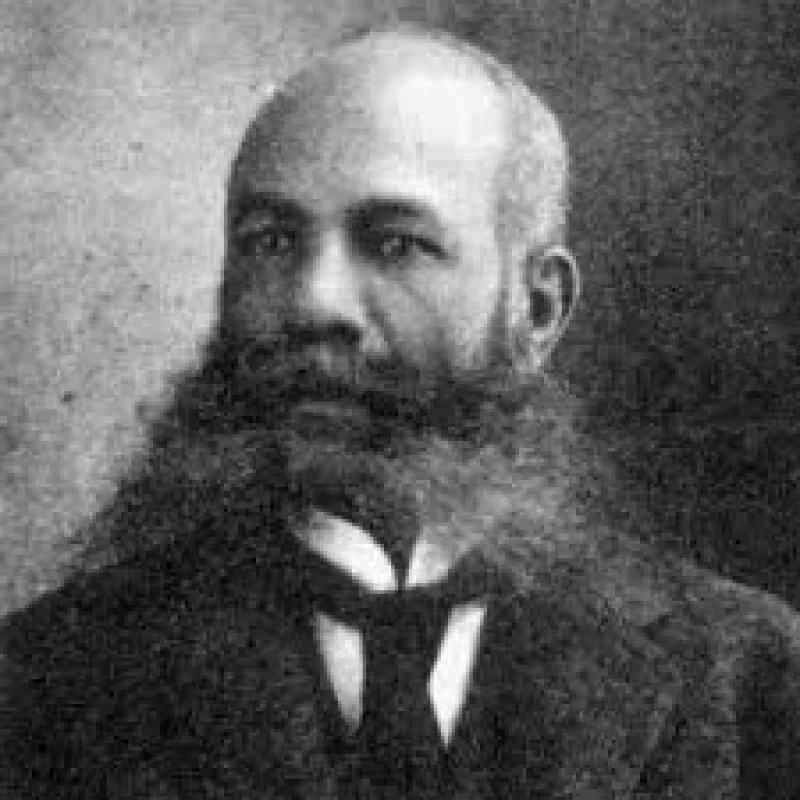Short Summary
Aristotle was an ancient Greek philosopher and polymath, whose work has significantly shaped Western philosophy and science. He was a student of Plato and later became the teacher of Alexander the Great. Aristotle's contributions spanned numerous disciplines, including metaphysics, ethics, logic, biology, and political theory. His comprehensive system of philosophy and scientific methodology established foundational principles that have influenced centuries of thought and study.
Early Life & Education
Aristotle was born in 384 BC in Stagira, a small town in northern Greece. His father, Nicomachus, was the court physician to the Macedonian king, which provided Aristotle with early exposure to the Macedonian court. At the age of seventeen, he moved to Athens to study at Plato's Academy, where he remained for twenty years. Under Plato's mentorship, Aristotle honed his philosophical skills and developed a profound admiration for empirical observation, which later became a hallmark of his work. The early influences of his father and Plato played a crucial role in shaping his approach to science and philosophy.
Career Highlights
After leaving the Academy, Aristotle spent time in Asia Minor and the island of Lesbos, studying and teaching. In 343 BC, he was invited by King Philip II of Macedon to tutor his son, Alexander the Great. This position allowed him to return to Athens where he founded his own school, the Lyceum. At the Lyceum, Aristotle conducted extensive research and wrote many of his influential works. His career was marked by a dedication to empirical research and the classification of knowledge, which laid the groundwork for many scientific disciplines.
Major Achievements
- Developed the first comprehensive system of Western philosophy, integrating various fields of study.
- Authored influential works such as "Nicomachean Ethics" and "Politics," which remain central to philosophical study.
- Established the Lyceum, one of the earliest schools of higher learning in the Western world.
- Pioneered the study of logic, introducing the concept of syllogism.
- Contributed extensively to the classification of living organisms, influencing biological sciences.
Famous Quotes
- "The more you know, the more you realize you don't know."
- "It is the mark of an educated mind to be able to entertain a thought without accepting it."
- "We are what we repeatedly do. Excellence, then, is not an act, but a habit."
Interesting Facts
- Aristotle's writings cover a wide range of topics, but only about one-third of his original works have survived.
- His influence extended into the Islamic world, where scholars preserved and expanded upon his ideas.
- He was nicknamed "The Philosopher" by medieval scholars due to his profound impact on intellectual thought.
- Aristotle's work in zoology remained the standard for centuries until the Renaissance.
- The Lyceum, Aristotle's school, was not only a center for learning but also a place for scientific research.
Legacy / Influence
Aristotle's legacy is immense, having laid the groundwork for many modern scientific disciplines and philosophical inquiries. His methods of empirical observation and classification continue to underpin scientific methodology. In philosophy, his work established foundational concepts in ethics, politics, and metaphysics that remain integral to contemporary discussions. His influence extends beyond philosophy into fields such as biology, logic, and rhetoric, underscoring his status as one of history's most important thinkers.
FAQ
Q: Why is Aristotle famous?
A: Aristotle is famous for his contributions to philosophy, science, and education, establishing foundational principles that have influenced Western thought.
Q: What did Aristotle teach Alexander the Great?
A: Aristotle taught Alexander philosophy, science, medicine, and rhetoric, greatly influencing his understanding and approach to leadership.
Q: What is Aristotle's most famous work?
A: Among his most famous works are "Nicomachean Ethics," "Politics," and "Metaphysics," each contributing significantly to their respective fields.
Q: How did Aristotle influence science?
A: Aristotle influenced science through his empirical research, classification of living organisms, and development of logical reasoning, which laid the groundwork for scientific inquiry.












